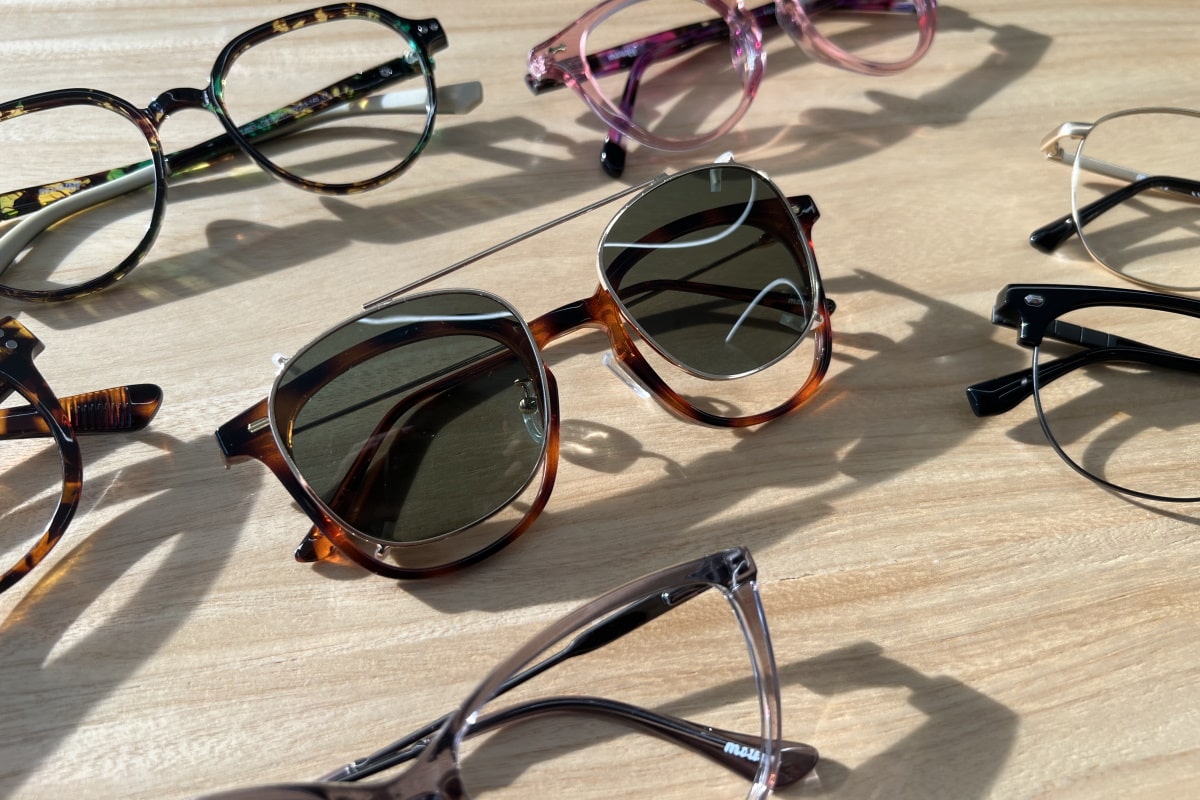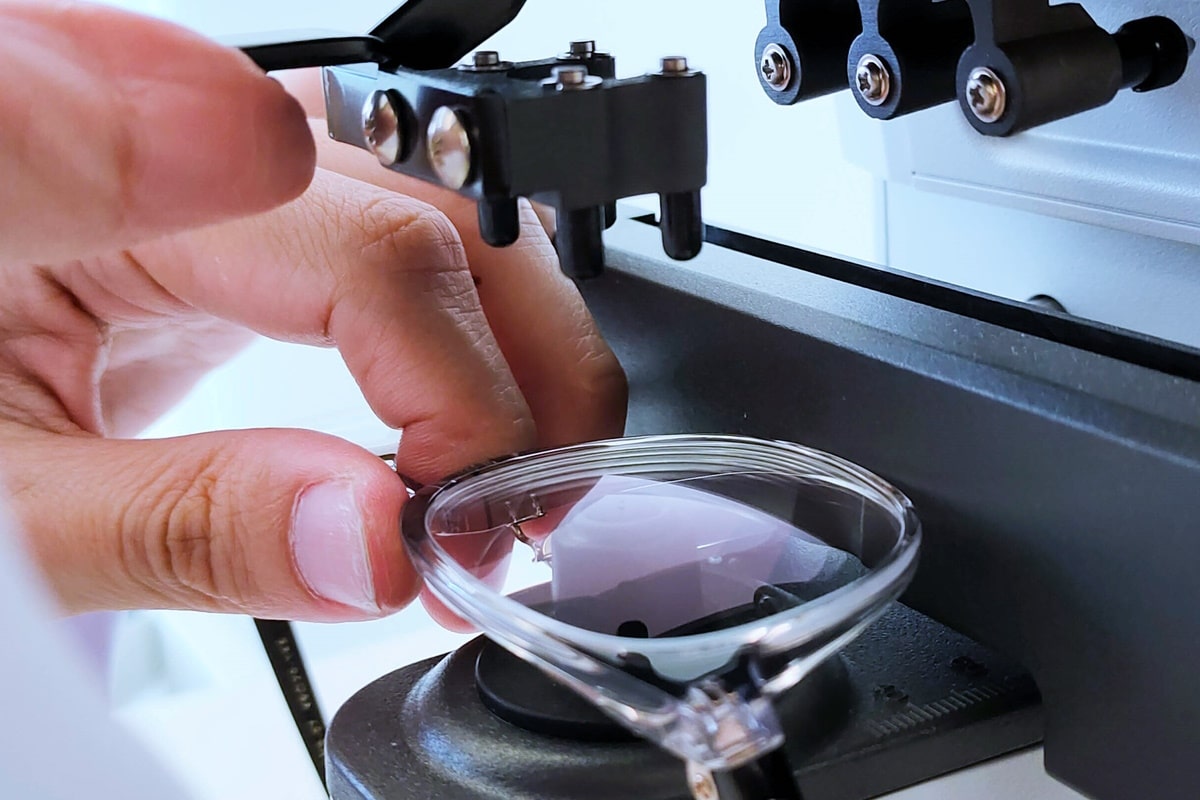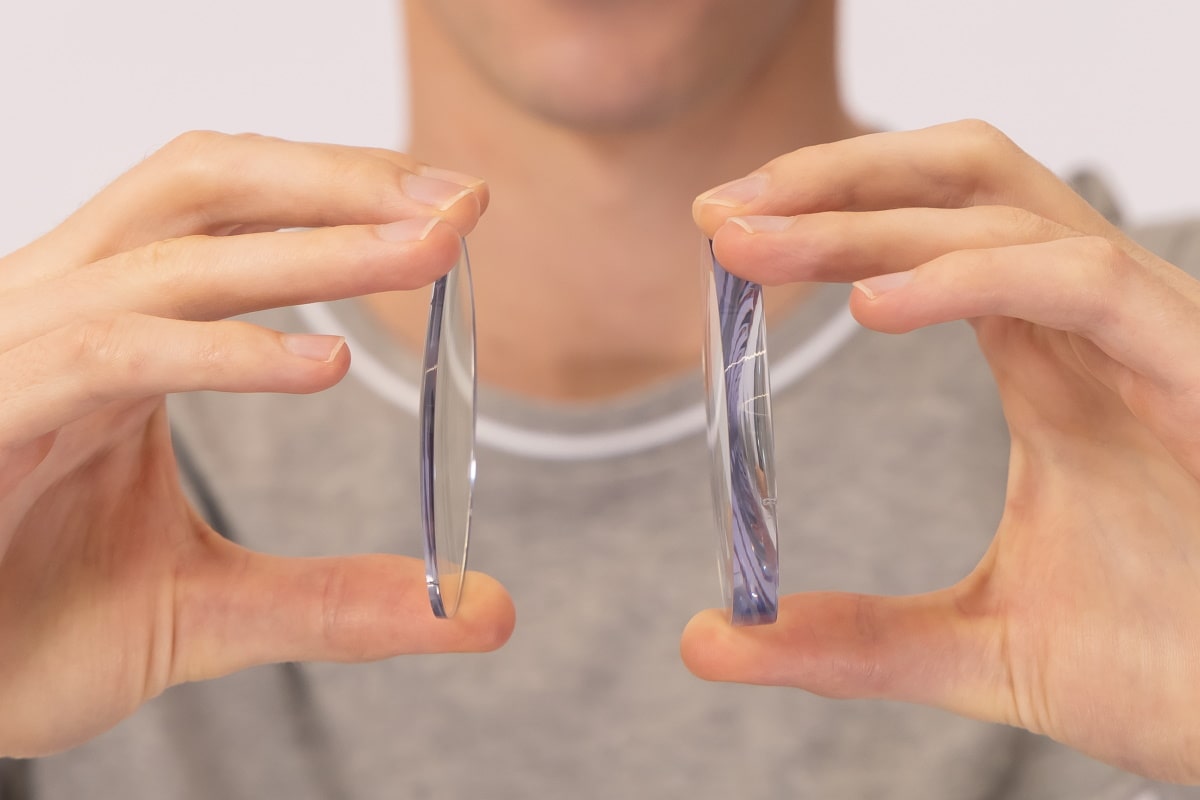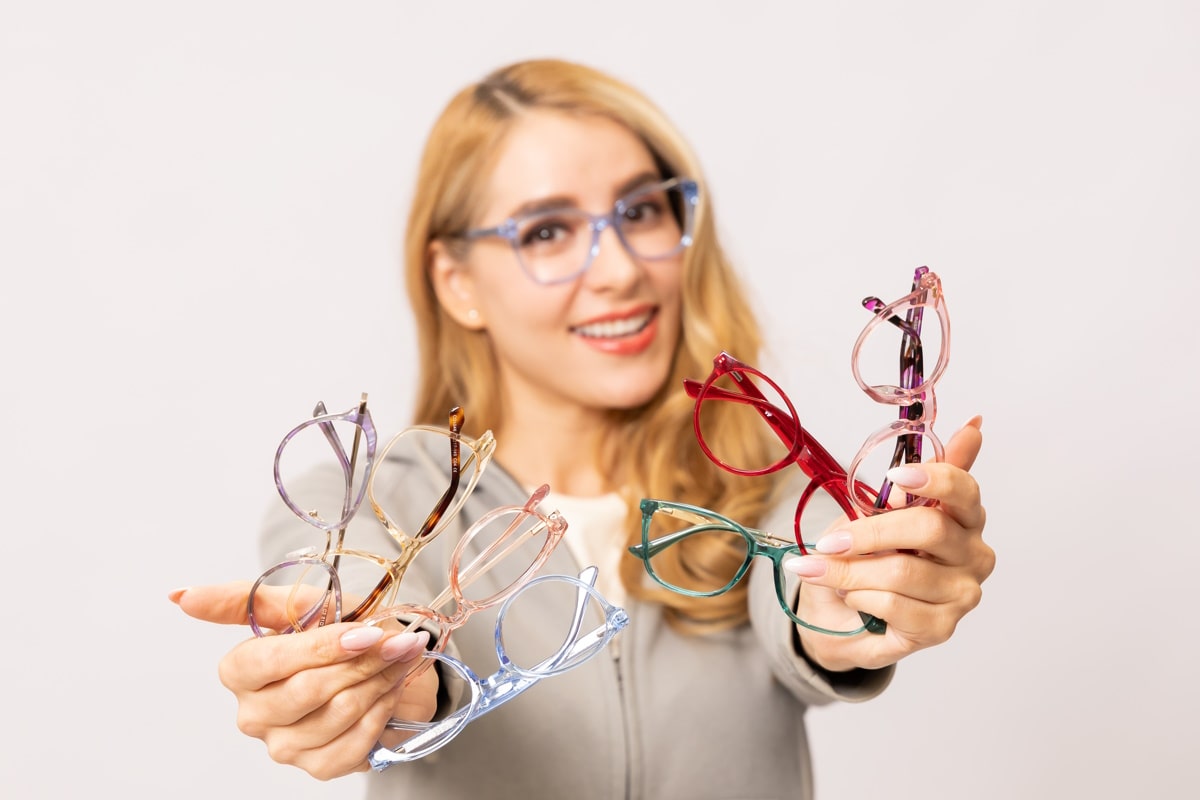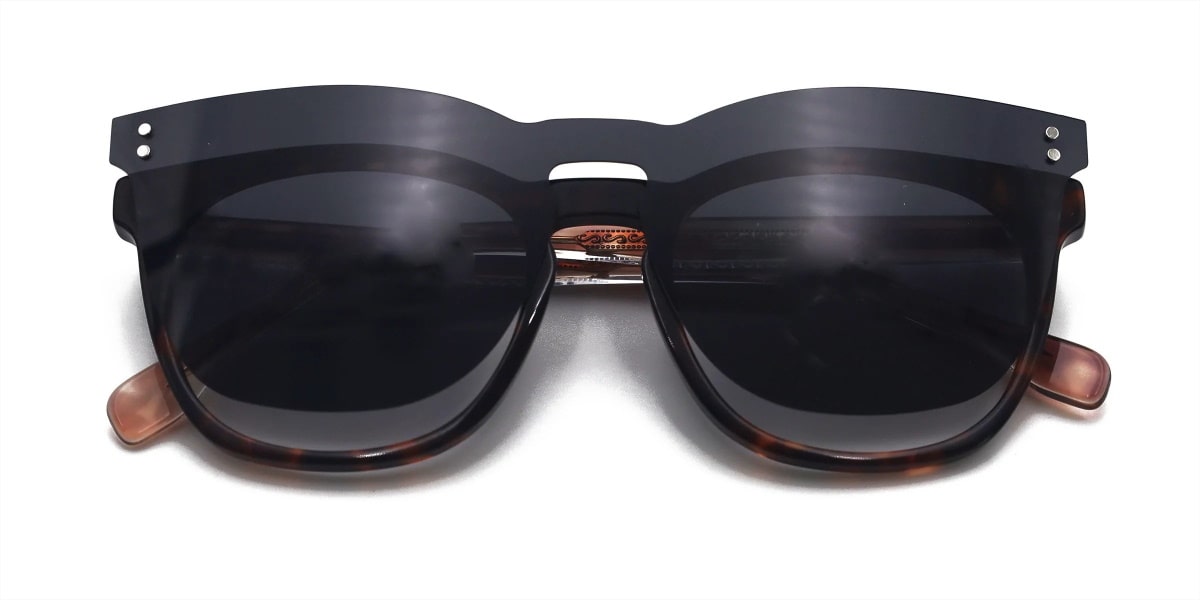Are Carrots Really Good for The Eyes?
You’ve probably heard of this old-age quote that parents love to say: “Eat your carrots; they’re good for your eyes!” But is this carrot eyesight theory really true?
Such a grand statement brings to mind more questions than answers. What can carrots do for your eyesight?
Are these orange root crops overrated? Let’s find the definite answers to these questions and more.
Fact: carrots are full of eye-enhancing nutrients
As a kid, your parents and teachers probably commented at least once: “carrots are good for your eyesight.” And to some extent, that’s true.
Carrots are jam-packed with tons of nutrients that can contribute to eye health.
Eating a half-cup of these can make up for 73% of your body’s daily need for Vitamin A. It’s one of those superpowered veggies you’ll want in a meal.
Carrots boost your eyes with vitamin A and lutein
But, of course, carrots aren’t miracle workers. If you already had limited vision from the get-go, eating a lot of carrots won’t reset that.
It’s like, if you’re blind, a carrot-filled diet won’t bring your vision back.
What it can do, however, is help improve your eye health. Here are the eye-friendly nutrients you’ll get from a crunchy bite.
- Beta-carotene or vitamin A
- Lutein
Many red, yellow, and orange vegetables are rich in beta-carotene, an antioxidant, and carrots are no exception.
When consumed, your body digests and turns the beta-carotene into Vitamin A.
This vitamin helps protect your eyes from the sun and prevents cataracts.
Researchers also found that Vitamin A is the main nutrient that helps you see more clearly at night.
And to make it better, studies have found that these carrot-related benefits are permanent.
Another antioxidant that you can find in carrots is lutein. This nutrient boosts the pigment density in your macula.
The higher the pigment, the lower your risk of age-related macular degeneration.
Aside from those nutrients, carrots are low in sugar and rich in fiber. These factors can play a big part in preventing diabetes, often leading to diabetic retinopathy or vision loss.
Not only that, but diabetes can also branch off to glaucoma, cataracts, and other eye disorders.
For example, the CDC mentions that diabetic people are 25 times more likely to experience blindness than those who are not.
Carrots aren’t the only eye health boosters around
While carrots taste great, you’d want to pair them with a delicious, balanced diet. Here are more foods and nutrients you need to keep your eyes healthy.
Leafy greens
You can find more vitamins for eye health in leafy greens. Popular examples would be kale, spinach, and collard greens.
These salad-ready leaves are rich in antioxidants like lutein and zeaxanthin, which can protect your eyes from UV rays in sunlight.
Vitamin C and E are also two of the top blockers against AMD and cataracts.
Citrus fruits
Remember to add a zest to your daily diet with citrus fruits. Aside from tasting sweet, citrus fruits have high levels of Vitamin C. This vitamin boosts the blood vessels in your eyes and helps with visual clarity.
A recent study found that one serving of oranges daily can reduce the risk of AMD by a whopping 60%.
But if you can’t go it daily, eating oranges at least once a week can be enough.
Omega-3 fatty acids
Last but not least, include omega-3 fatty acids in your meals. You can find this nutrient in seafood, like salmon or fish oil. Nuts and seeds are also great options.
Optometrists often recommend their patients consume more omega-3 fatty acids for their eye health. It can prevent AMD and soothe dry eyes, according to researchers.
6 easy ways to maintain healthy vision
1. Wear sunglasses when necessary
Exposing your eyes to too much sunlight can do unexpected damage. Without noticing it, you’re at risk of cataracts, macular degeneration, and ‘surfer’s eye’ or pterygium.
So, only go outside with a trusty pair of sunglasses. Go for one that has 99-100% protection from UVA and UVB light.
If you want to be practical, get a pair of clip-on sunglasses, so you don’t have to worry about forgetting your sunnies when going out.
Something stylish like our Mystery frames can look fantastic on you.
2. Quit smoking
Smoking might look cool to some, but it won’t be cool for your eyesight. Exposing your eyes directly to smoke can lead to eventual vision loss.
Smokers are twice more likely to suffer from AMD than those who don’t smoke.
They’re also 2-3 times more likely to get cataracts as they age. We’ve written a guide on how smoking affects eye health.
3. Take frequent breaks from screen time
Have you ever felt like your eyes are sore and strained after too much screen time? Yeah, we completely get it.
That’s a red flag you shouldn’t ignore since it signals that your eyes need a break ASAP.
The American Optometrist Association suggested the 20-20-20 rule.
It’s when you take a 20-second break after 20 minutes of screen time while looking at something placed 20 miles away.
It’s supposed to let your eyes rest and refocus.
4. Aim for a balanced diet
A balanced diet should be a priority since it makes all the difference. It’s not only about eating more carrots for your eyesight. It’s about ensuring your body gets the nutrients it needs to function well.
If you don’t know where to start, try reducing junk food in your meal plan first. Next, slowly replace it with healthier options like leafy greens or fruit snacks.
The more colorful your plate looks, the better.
5. Exercise regularly
It might come off as a surprise, but exercise affects eye health and the entire body.
A massive lack of daily physical activity can lead to diabetes and diabetic retinopathy, which takes away your vision.
6. Get routine eye exams
An eye exam shouldn’t be a one-time luxury. Instead, it should be a routine body check-up.
The exam can help you identify if your eyes are at risk. You and your eye doctor will be able to see the potential symptoms from a mile away and figure out what to do next.
Carrots eyesight is real – and other foods as well
The connection between carrots and eye health is undeniable.
Even scientists vouch for it, considering carrots as a superpowered vegetable you shouldn’t ignore.
After all, this root crop isn’t only crunchy and delicious. It’s filled to the brim with eye-friendly nutrients like beta-carotene.
If an apple a day keeps the doctor away, a carrot can do the same for your eyes.

Written by:
Jamie Mendiola

